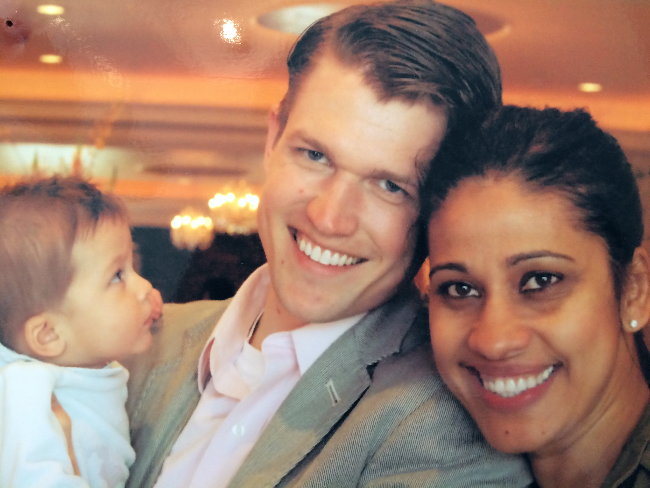Todd Bennett
PsyD '15
 Todd Bennett (PsyD ’15)
Todd Bennett (PsyD ’15)
Breaking Barriers to Mental Health Care
Two of the biggest barriers patients face when attempting to receive treatment for
mental health issues include access to care and cost. According to the U.S. Department
of Health and Human Services, there are about 4,000 areas across the country federally
designated as mental health professional shortage areas. What’s more, a recent study
by the Substance Abuse and Mental Health Services Administration found that 45 percent
of those who initially sought treatment cited cost as a barrier for receiving treatment.
But Todd Bennett (PsyD ’15) is attempting to address both of those barriers at his
clinic, the Center for Assessment and Treatment, in Hackettstown, New Jersey. While
enrolled at PCOM, he started the facility with his wife, Roseann, after they both
saw how their clients experienced long wait times and a lack of needed care.
“I was working at as a care manager at a care management organization, and my wife
was working as an in-home therapist, and we would see clients not getting the service
they required,” Bennett explains. “It was unacceptable.”
Dr. Bennett and his wife decided to start their own facility that would provide those
services in a timely fashion, and do so in an area that was most in need.
“We set up in a rural area where many people don’t have access to mental health care,”
he explains. The facility opened its doors in March 2010 and since then, Bennett estimates
his facility has helped more than 1,000 patients—many on a sliding scale, to make
treatment more affordable for underserved populations.
In addition, the agency works with a host of system partners which includes schools,
courts and any other professionals who might be germane to a patient’s treatment.
“Mental health professionals shouldn’t work in silos, but should strive to be involved
in all aspects of a patient’s life that might affect their well-being,” he says, noting
that this holistic view of healthcare is something he learned while at PCOM.
“I look at where I was when I first applied [to the College], and where I am now,
and I feel that I am a profoundly better clinician now,” says Dr. Bennett. “I think
that’s due in large part to a better appreciation of integration, and a better understanding
of the whole health component. I would have been technically qualified before, now
I know my education and training at PCOM undoubtedly helped me become better.”
 Todd Bennett (PsyD ’15)
Todd Bennett (PsyD ’15)